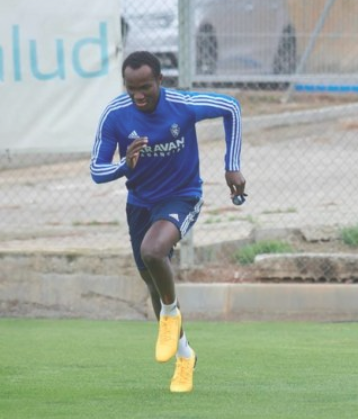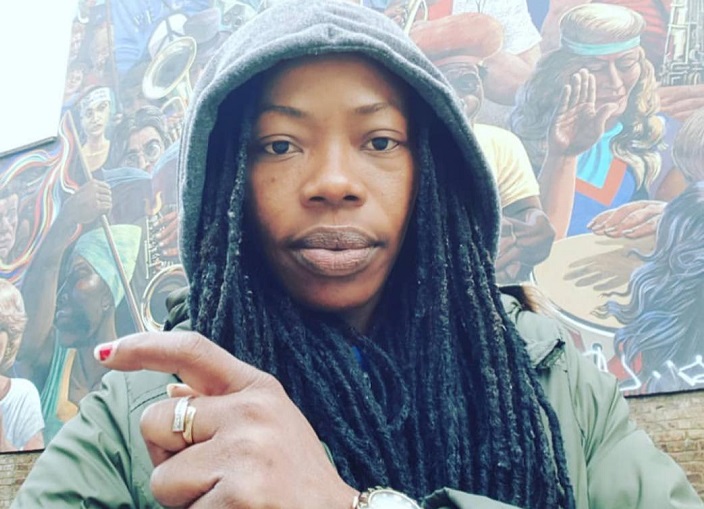Kwabena: From Selling Medicine in Trotro to Building a Life in Australia
Kwabena is a Ghanaian who has been living in Australia for the past 12 years, although he frequently visits Ghana. Back home, he used to sell medicine in trotros (public minibuses) and lived in Kumasi, specifically in Asokwa and near the stadium.
Initially, Kwabena traveled abroad for tourism, but he eventually chose to settle in Australia because he believed it offered a better future for his children. He moved first, applied for a visa, and later brought his family to join him.
His early days in Australia were tough. Despite being among fellow Ghanaians, he faced rejection and was even evicted from homes because he lacked proper documentation. At one point, he was homeless and had to sleep on a park bench. Discouraged, he returned to Ghana briefly to regroup and encourage himself before returning to Australia, this time well-prepared and financially stable enough to rent his own place.
After eventually acquiring the necessary documents (nkrataa), he took matters into his own hands. He researched online, actively sought work, and walked into a company where the boss gave him a chance on the spot. He’s still working there today. He also enrolled in multiple courses and now works additional part-time jobs.
Kwabena says not all Ghanaians in Australia are supportive. While some have been there for a long time, they make little effort to upgrade themselves or do proper research. Some even envy others who find better opportunities. He urges Ghanaians abroad to be open-minded, pursue further education, and develop themselves instead of just preaching without practicing.
Over the years, Kwabena has traveled to the UK, Germany, Spain, the USA, France, Japan, and Singapore. His motivation remains the future of his children, who now live in Australia with him and his wife.
In his words, “The cost of living depends on where you choose to live in Australia, but it can be affordable.” There are about five Ghanaians in his area, and children can attend school there. After graduation, students are given a two-year visa to remain in the country.
“We even have Ghanaian food available here,” he added. “In Australia, we use forklifts to carry goods abroad — we don’t just wave our hands and expect things to happen. You must be proactive.”

















